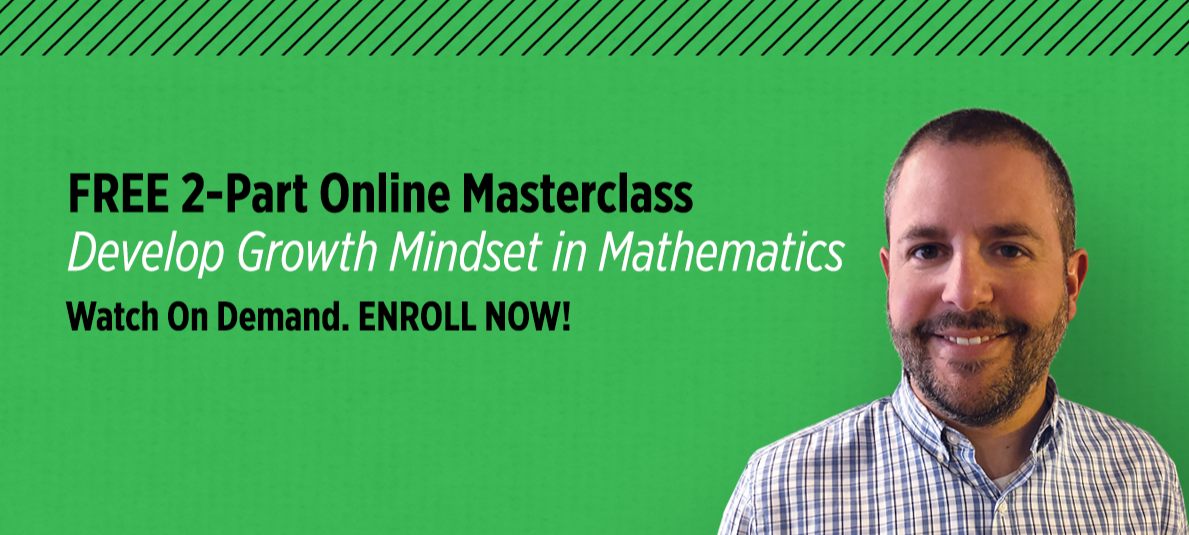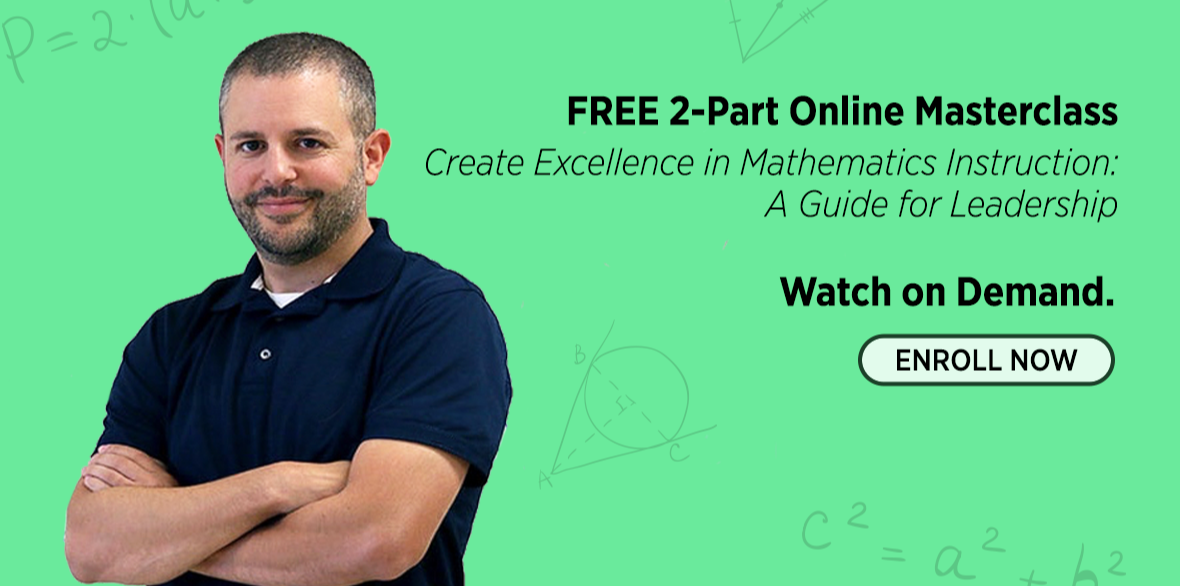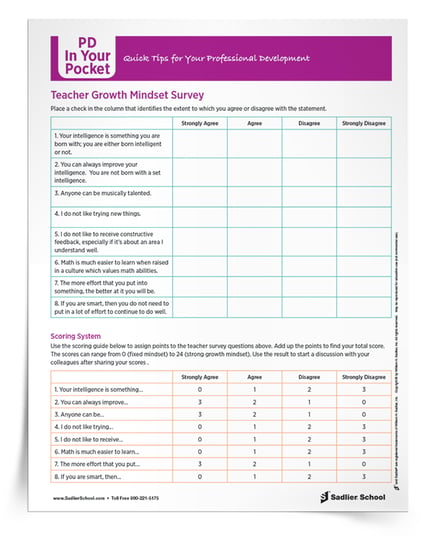1.800.221.5175
Reading & Writing
From Phonics to Reading
Grades K–3
|
Building Reading Success with Wiley Blevins
Grades K–5
Vocabulary
Vocabulary Workshop, Tools for Comprehension
Grades 1–5
Vocabulary Workshop Achieve
Grades 6–12+
|



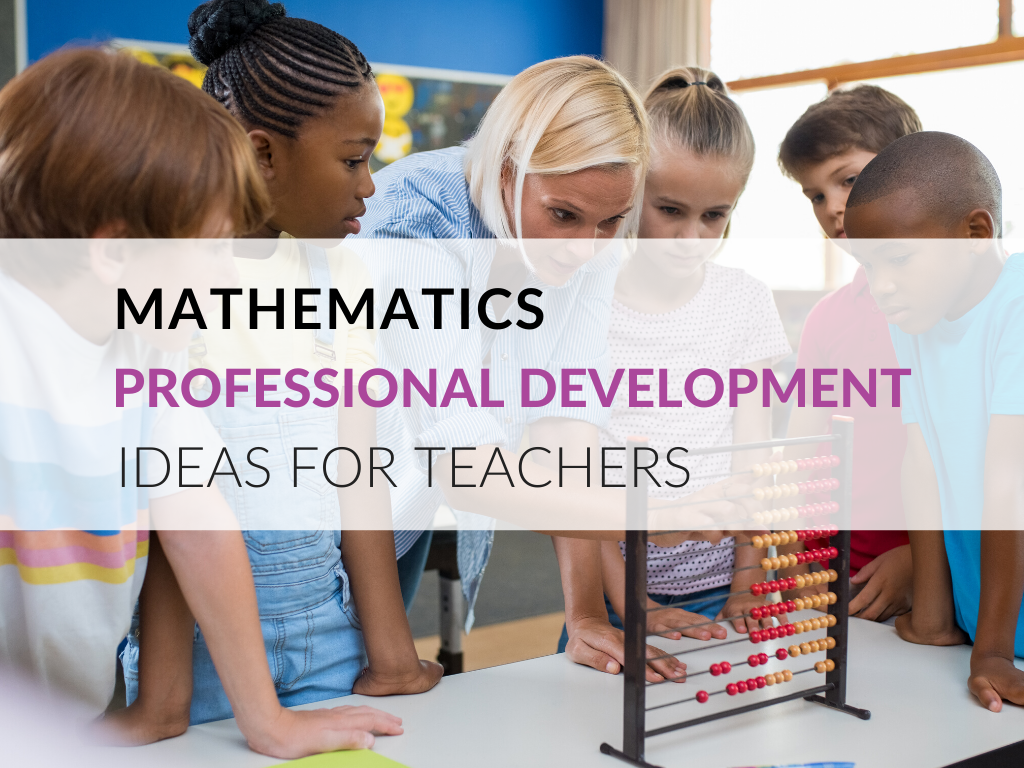
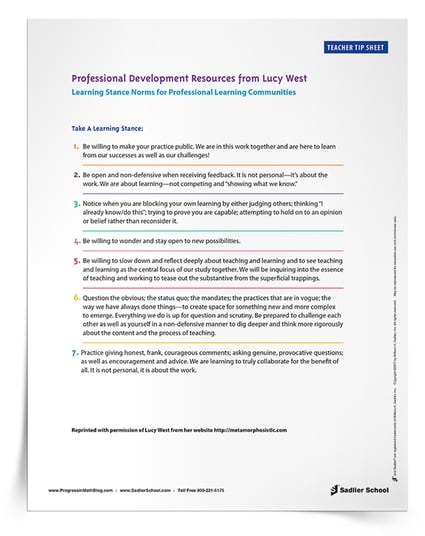

 The more recent book,
The more recent book,
 Apart from coaching techniques, accountable talk moves, and a systems approach to change, the most important thing that I took away from my training with Lucy West is an approach to learning,
Apart from coaching techniques, accountable talk moves, and a systems approach to change, the most important thing that I took away from my training with Lucy West is an approach to learning,